Essay on The Korean War:
The three-year-old Korean War ended in 1953 and India was the peace-maker. India’s efforts brought peace to Korea and to the world. India became the Chairman of the Neutral Nations Repatriation Commission in Korea. India was the only country that was permitted to send armies to Korea to supervise cease-fire and the transfer of the prisoners-of-war. With justifiable pride, Mr Nehru said that the first time Free India’s armies were going outside India, they were going on a mission of peace in Korea. The Indian armies went out not to fight a war, but to bring peace. The Korean War started on Sunday, the 25th of June 1950, when North Korea attacked South Korea. The Korean War threatened to be the beginning of the Third World War. The Korean Conflict was an international war fought on the soil of Korea. Communist China, America, England and other members of the U.N.O. were fighting, while Russia, though not actually fighting, was helping the Communist powers. (Critics said that Russia was fighting her war against America by proxy, U.S.A. and China were fighting, and Russia stood to gain all along).
For two years (since July 10, 1951) peace talks for a ceasefire in Korea had been going on at Pan Mun Jon. The chief trouble was the prisoners-of-war (P.O.W.’s) issue. When a war ends, P.O.W.’s are released and they go home. But what about the Communist prisoners, who do not want to return to their home country under Communist rule? Russia and China insisted on their forcible repatriation (compulsory return home). Other countries suggested that the P.O.W.’s should be free to go wherever they liked.
But early in 1953, Stalin died and there was no great leader in Russia with world personality and authority to insist on China to continue the war in Russia’s interest. So in June 1953, Communists accepted the U.N. Plan, which they had categorically rejected six months earlier.
Let us look at the history of the Korean War.
Since the end of the last world war, partition has been a popular remedy for solving political problems. Partition has been tried in Korea, India, Palestine and Germany, and nowhere has the result been happy. Korea was partitioned into North Korea and South Korea, the imaginary 38th Parallel serving as the dividing line. North Korea had a Communist government working under the patronage of Russia, while South Korea remained under the United States sphere of influence. Both sides clamoured for a United Korea.
The Communist armies of North Korea crossed the 38th Parallel on 25th June 1950 and attacked South Korea. The U.S.A. took it as a challenge. Militant Communism was seeking to expand her ‘red empire’ by the force of arms. The U.S.A. ordered her armies to help South Korea. A few hours after President Truman had given orders to his armies to march into Korea, the U.N.O. held a meeting of the Security Council, named North Korea as an aggressor and called on the free nations of the world to send armies to Korea. On this crucial point, India voted with the U.S.A. and called the North Korean attack aggression. (Russia at the time had boycotted the Security Council, else Russia would have voted this decision). General MacArthur became Supreme Commander fighting under the flag of the U.N. (Later, President Truman dismissed General MacArthur). Mr Trygve Lie, then Secretary-General of the United Nations, called on the 59 member-nations to send their troops to Korea, but the response was poor. The U.S. forces had to bear the brunt of the fighting, though the British and other forces also took part in the war. India sent a Medical Mission.
America with its unlimited resources in money and war materials expected a quick victory. General MacArthur had promised that the U.S. soldiers would be back home by Xmas (Christmas of 1951). But soon all hopes of lightning victory were dashed to the ground. Believe it or not, the North Koreans won a series of brilliant victories. The U.N. forces were in danger of being pushed into the sea. The U.S.A. was losing battles; what was worse she was losing face in Asia. Could North Korea fight single-handed against the whole world represented by the United Nations?
But later the tide began to turn. The U.N. armies began to advance. They took Seoul, the capital of South Korea. America was considering the use of the atom bomb in Korea but the whole world protested and the U.S.A. did not translate her threat into action. Mr Nehru raised his voice against the use of the atom bomb.
The victorious U.N. armies advanced to the 38th Parallel. Should they cross it and carry the war into North Korea? Mr Nehru’s advice was (and subsequent events proved that at all stages in the Korean conflict, Nehru’s opinion proved to be correct) that the U.N. forces should not cross the 38th Parallel as that would entail the risk of Chinese intervention. But Nehru’s voice went unheeded. The war-mongers wanted the U.S. armies to conquer right up to the frontiers of China. Pyongyang, the capital of North Korea, was taken. In reply, Chinese armies marched into Korea and the whole picture changed. Some six to ten lakh Chinese troops were taking part in the Korean War. The fortunes of the war suffered many ups and downs. Seoul changed hands three or four times.
The war was said to be fought for the liberation of Korea. But the war caused untold devastation in Korea. Out of a population of two crores, one crore people had been made refugees by war and more than 50 per cent of the houses had been destroyed. Whatever the final outcome, Korea as a nation was dying.
General MacArthur was recalled and his place as the Supreme Commander was taken by General Ridgeway. People did not want another global war so soon after the Second World War. So cease-fire talks started in Kaesong on 11th July 1951. Kaesong was declared a neutral zone. While the peace-makers talked at Kaesong, the armies fought on the battlefield. Once the Chinese armies appeared in Kaesong. Then there were allegations that the U.S. armies had violated the neutrality of Kaesong and bombarded it. There was a stalemate. After a great deal of shilly-shallying, the cease-fire talks were resumed at a place named Pan Mun Jon. Both sides stuck to their guns for two years, till India made peace.
The Korean War was a war of ideologies, a battle between Communism and Democracy. It was also a conflict between the Anglo-U.S. bloc and the Russian bloc for supremacy in the world.
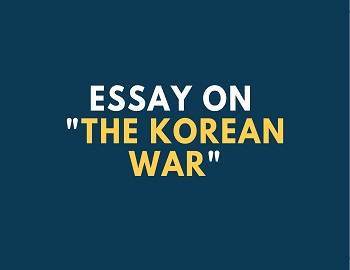
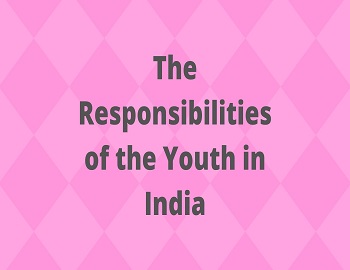

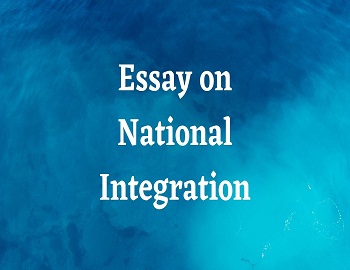
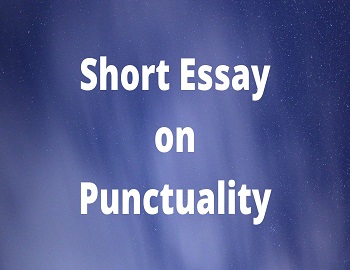

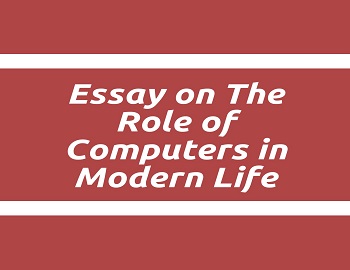

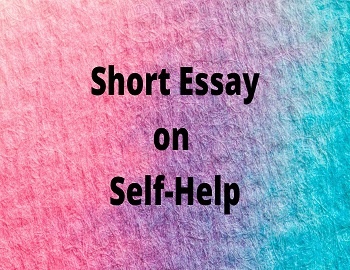
Comments (No)